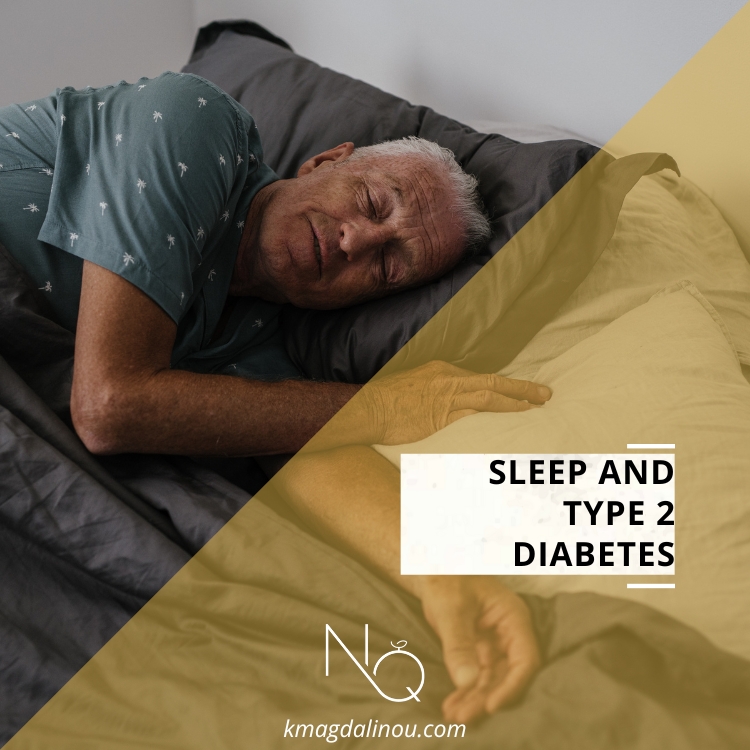Sleep is not eight wasted hours of your life. It is a critical state that can influence health, the onset of diseases, and response to treatment. How is sleep related to type 2 diabetes? Read the article to learn more.
What is Sleep?
Sleep is a natural and reversible state primarily regulated by neurobiological processes. It is an essential part of human life and is necessary for maintaining health and well-being. Sleep arises from a combination of the circadian rhythm, and homeostatic pressure following a period of wakefulness—essentially, the time during which we are awake and active.
How Does Sleep Affect Health and Illness?
Sleep disorders have been associated with the onset and progression of various diseases, such as depression, cancer, and cardiovascular conditions. Additionally, sleep disruptions increase the risk of developing infectious diseases. Sleep is vital for individuals with chronic conditions, as it enhances their ability to manage existing illnesses effectively.
Is Sleep Important for People with Type 2 Diabetes?
Sleep and diabetes are interconnected in a bidirectional way. Sleep issues can lead to the development of type 2 diabetes or arise as a consequence of the disease, as research shows. Complications of type 2 diabetes (e.g., nocturia, nighttime hypoglycemia, peripheral neuropathy, etc.) can negatively impact sleep quality. As a result, it is common for sleep problems to appear simultaneously with the onset of diabetes, with prevalence rates estimated at 42%-76.8%. Patients often face a high risk of sleep disturbances, leading to poor sleep quality and alterations in sleep quantity and timing. It is crucial to identify and promptly address any sleep issues in individuals with type 2 diabetes.
How Widespread is Poor Sleep Among Patients?
Complaints of sleep disturbances or low sleep quality have been reported in nearly all countries and among patients with various health conditions. Poor sleep is an underdiagnosed issue significantly associated with illness and mortality. The strong overlap between sleep problems and other mental and physical health pathologies has led to the belief that sleep issues are merely symptoms of other conditions. However, recent studies suggest that sleep problems not only coexist with illnesses but may also contribute to their development.
"How Can I Sleep Better?"
Acknowledging that sleep is a vital part of life that impacts overall physical and mental health is essential. Investing in your sleep, whether or not you have an illness, is critical and can be achieved in several ways:
- Follow Sleep Hygiene Guidelines: Create the best conditions for a good, quality sleep.
- Pay Attention to Your Diet: Nutrition can influence sleep quality.
- Consider Dairy Products: If you enjoy dairy, consuming them before bed can promote better sleep. Read more in the related article (on gazzetta.gr - greek).
References
Adapted from Magdalinou Aikaterini, “Investigation of the Relationship Between Breakfast Consumption, Sleep Quality, and Glycemic Control in Patients with Type 2 Diabetes” [Thesis]. Athens: National and Kapodistrian University of Athens, Faculty of Medicine, Master's Program "Diabetes Mellitus and Obesity"; 2024.




